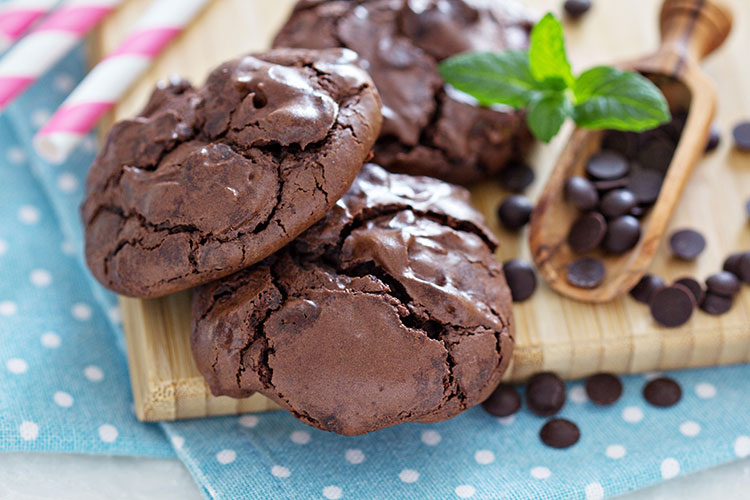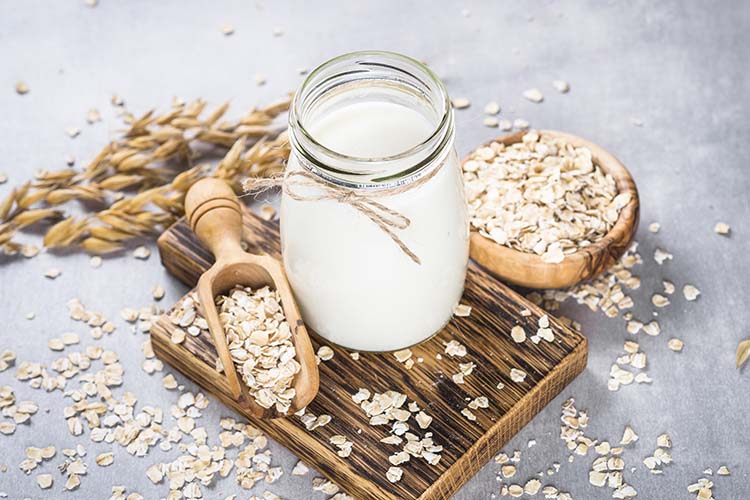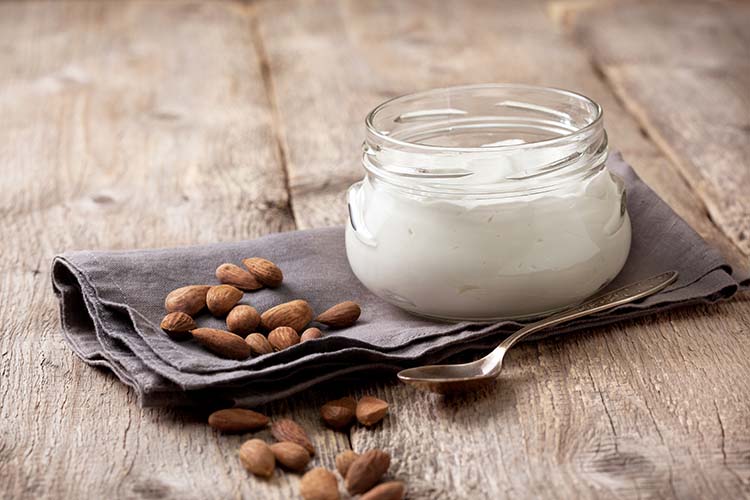Bakery Ingredients: 5 ways to use Citrus Fiber
Many bakery ingredients in the industry provide single functionalities to baked goods. On the other hand, natural ingredients like Citri-Fi® citrus fiber provide water holding and emulsification which benefit a variety of bakery items. Bakers gravitate to Citri-Fi for its ability to create baked items that maintain freshness over time which is the gold standard in quality. And due to its natural emulsification, this citrus fiber is the ideal solution to replace certain emulsifiers to clean up labels. Other key areas include plant-based, gluten-free, egg and oil reduction and bakery fillings.
Creating bakery foods is a combination of art and science. Where else can an elbow test measure viscosity or a handful means a cup? Although measuring methods produce the perfect loaf or muffin, bakery ingredients play an equally important role especially on a mass scale. For instance, bakers use additional ingredients not commonly used in home baking to preserve the baked good’s quality during post production, handling and storage.
Citri-Fi is an upcycled natural citrus fiber created from byproduct of the citrus juicing process. This natural ingredient provides high water holding and emulsification properties which benefit a variety of baked goods. For example, citrus fiber offers the following five ways to create stellar bakery items.
1) Moisture Retention and Improve Freshness over Shelf-life
Citri-Fi’s number one use in baked goods is moisture retention. This citrus fiber’s high surface area and high intact pectin content locks in the water. Over time, the native starch slowly releases the water which is then bound to the citrus fiber. Because of this, the natural occurring gluten and citrus fiber retain the moisture which results in the perception of freshness over time. In this case, less is more. At low usage levels, 0.3% to 1.0%, Citri-Fi can be incorporated into the baked good with additional water to improve the overall texture and organoleptic properties.
2) Emulsifier Replacement in Baked Goods
Mass produced breads typically use some sort of emulsifier to improve loaf volume and create softer crumb. However, some emulsifiers such as mono and diglycerides, lecithin, DATEM and SSL are not perceived to be clean label bakery ingredients. And some emulsifiers are considered allergens like those that originate from soybean. Yet, the market offers very few natural replacements.
Citri-Fi at low usage levels, 0.5% to 1.0%, replace lecithin or mono and diglycerides in baked goods while maintaining the shelf-life and eating qualities. This citrus fiber's allergen-free and clean label status makes this attractive. Citri-Fi’s labeling options include citrus fiber, dried citrus pulp or citrus flour. These labeling options resonate well in the natural and clean label markets. Please contact us to learn more about our emulsification study which compares Citri-Fi’s superiority over other emulsifiers in the marketplace.
3) Plant-based and Gluten-free Specialty Markets
Gluten-free formulating still exists today. Regardless, the prevalence of certain conditions (e.g. Celiac disease, autoimmune, autism, etc.), drive the need for allergen-free formulating. Gluten-free requirements affected the bakery category the most. As a result, gluten-free and allergen-free bakery goods flooded the market over the last 20 years. However, allergen-free formulating comes with a set of challenges. For instance, many of the base flours do not retain moisture well to keep the structure soft and tender over time. Because of this, bakers prefer natural ingredients such as citrus fiber to bind the water. As a result, the allergen-free bakery items maintain the sense of freshness over shelf-life. Without additional ingredients, these type of bread products would suffer with limited shelf-life and stale texture.
Currently the hottest lifestyle trend, plant-based eating, hit the market quickly. The growing demand is driving bakers to remove animal byproducts such as fats and eggs from their formulations. Once again, this delta creates a slew of challenges for the baker. However, functional bakery ingredients like Citri-Fi can aid in creating high quality and organoleptic pleasing baked goods when animal byproducts are substituted out with other ingredients. Citri-Fi complements the baking system to provide the additional water holding and emulsification properties which are typically compromised when other hydrocolloids or fibers are used to replace animal byproducts.
4) Egg and Oil Reduction Bakery Ingredients
Reducing egg and/or oil requests often pop up. In some regions, formulators reduce these ingredient as a cost savings strategy. In other markets, reducing egg and/or oil improves the nutritional profile of foods. Due to Citri-Fi’s high water holding properties, this natural citrus fiber is essential in creating the moist texture typically when egg and/or oil are present in the formulation. And the natural emulsification properties of the citrus fiber mimics its counterparts to maintain high quality texture. Ultimately, Citri-Fi can reduce egg and oil in bakery formulations while still providing the full-fat mouthfeel which consumers expect.
5) Bakery Filling Texturant and Stabilizer
Many challenges arise when working with bakery fillings. In baked products, fillings need to tolerate the heating and handling while still providing functionality before, during and after the baking process. Since some fillings are low in pH, this too creates an environment where functional bakery ingredients break down. Hence, several factors affect fillings when creating a natural texture.
Citri-Fi citrus fiber’s multi-functional properties tolerate heat and low pH conditions. For instance, this functional ingredient creates natural textures in fruit-based fillings in low and high pH conditions. Citri-Fi can be used “as-is” to generate the gelling textures in high Brix and low pH systems. At the same time, this natural citrus fiber also can generate gelling textures in low Brix and low pH systems. Please contact us to learn more about this new technology.
Another key area where Citri-Fi improves bakery is in filled baked goods. This natural citrus fiber’s high water holding capacity binds the water to prevent blow-outs during the baking process.
There are multiple areas where Citri-Fi citrus fiber benefits bakery products due to its multiple functionalities. Bakers gravitate to this ingredient due to its ability to create freshness over time versus other ingredients, its emulsification properties and its clean label status.





